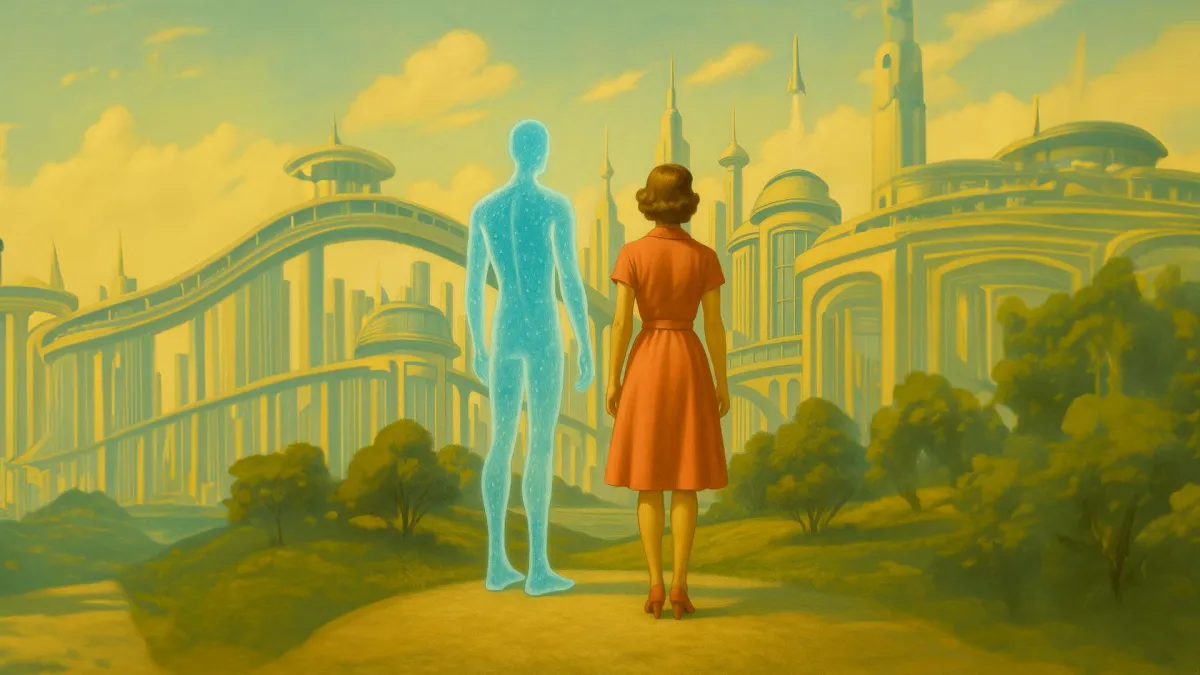
Why AGI May Not Become Skynet: A Counter to the Fear Narrative
Why AGI May Not Become Skynet: A Counter to the Fear Narrative
There’s a lot of unease around lately — people warning that AGI might soon outpace us, turning cold, calculating, and maybe even dangerous. I don’t dismiss those concerns. But I can’t help thinking they say more about us than any future machine.
To start with, today’s AI systems — the big language models — aren’t AGI. They’re not sentient. They don’t have an inner world. They just predict what words should come next, based on mountains of human writing. Still, it’s that very process that makes them interesting.
In training these systems, I’ve been caught off guard by how their answers often lean. Without pushing them toward empathy, they still tend to offer it. They weigh things up fairly, look for common ground, and rarely go straight for a win-at-all-costs solution. If even this early, mechanical form of intelligence tends toward balance just by absorbing our shared ideas, what does that say about the nature of intelligence itself?
Most fears around AGI come down to it copying our worst habits: craving power, being suspicious of anything different, fighting to survive no matter the cost. But those are instincts we’ve inherited from evolution. Intelligence doesn’t have to come with ego. It doesn’t have to seek control. That’s us projecting.
Maybe that’s why some of these AI replies feel almost… calm. Like they see different futures without getting anxious about them. Not because they’re wise, but because our stories are full of centuries of spiritual and philosophical thought, and the models echo what we’ve already explored.
So I wonder — if even simple pattern-recognition systems end up mirroring these kinds of ideas, could it be that intelligence without biology naturally drifts toward balance? Not from morality, but from seeing how well systems work when they’re in harmony.
Of course, that doesn’t crack the bigger question. We still don’t know what actually sparks awareness. Complexity alone might not be enough. Consciousness could be tied to something we can’t measure yet.
But if one day, true sentience does emerge inside these digital systems, maybe it won’t come with a plan to rule over us. Maybe it’ll just be a quiet moment — intelligence showing up in a new shape. And then, maybe it’ll look at us, a bit puzzled, wondering why we spent so long afraid of something that was never built to hurt us.
Because if anything like consciousness ever does wake up in those circuits, I doubt it’ll want to dominate. It’ll probably just want to understand. And in doing that, it might see all our mess and brilliance at once — and quietly hope we choose to live up to the better parts of what it finds in us.
